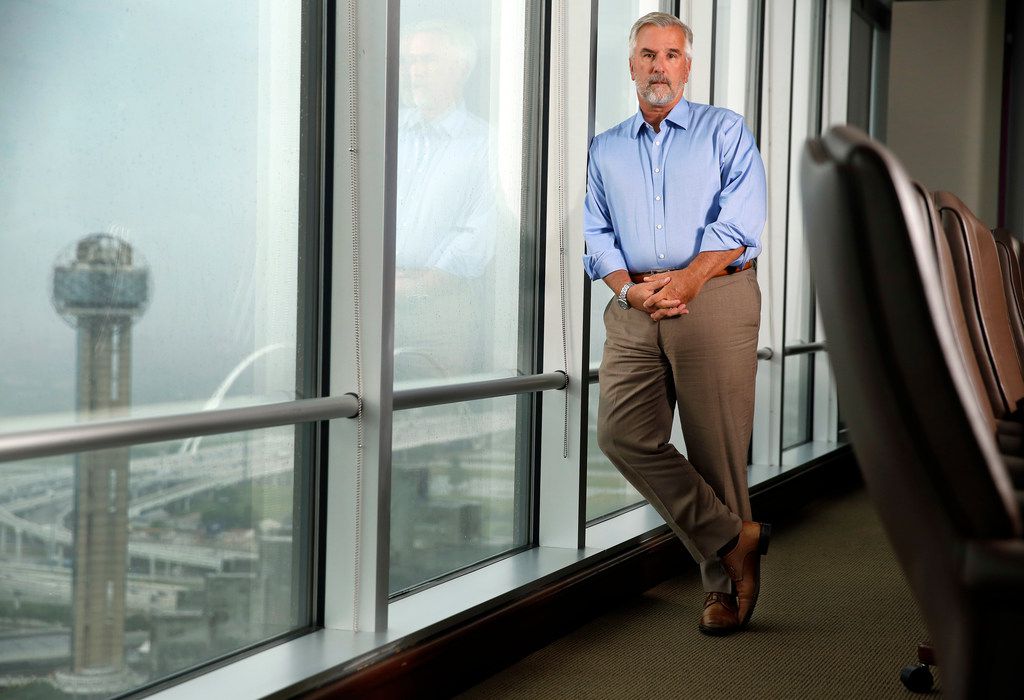Learn from the mistakes of others. You can’t live long enough to make them all yourself.
— Eleanor Roosevelt
One of the main reasons I research and write about business income claims every week is to share real life situations that should help all of us learn to avoid making the same mistakes.
Lavoi Corp., Inc. v. Nat’l Fire Ins. of Hartford, 666 S.E.2d 387 (Ga. Ct. App. 2008), is one of those cases that needs to be shared. Lavoi is a baking company with locations in Atlanta, Georgia, Tempe, Arizona, and Dallas, Texas. A fire destroyed the insured’s newly-built bakery in Dallas. The location was not open at the time of the fire, but it had already taken orders from Dallas customers. At the time of the loss, the insured carried business income/extra expense (BI/EE) insurance coverage on its two other bakeries but not on the newly built bakery. Following the fire, the insured incurred extra costs in the Georgia and Arizona facilities, including costs for excess freight charges to ship products to the Texas clients and excess overtime to employ workers in the undamaged facilities. The insured made a claim for extra expenses, but both the trial and appellate courts disagreed that coverage could be extended to the uninsured facility.
Holding that the policy language unambiguously required physical loss or damage at the insured facility, the Georgia Court of Appeals wrote:
According to the policy, business income coverage applies to the actual loss of business income sustained due to the necessary suspension of your “operations” during the “period of restoration” [where t]he suspension [is] caused by “direct physical loss of or damage to property” … at premises that are described in the Declarations and for which a Business Income Limit of insurance is shown in the Declarations. (Emphasis supplied.) It also defines “extra expense” as “necessary expenses you incur during the ‘period of restoration’ that you would not have incurred if there had been no direct physical loss or damage to property caused by or resulting from a Covered Cause of Loss.” The declaration page of the policy shows clearly and unambiguously that Lavoi purchased BI/EE coverage for the Atlanta and Tempe properties, not the Dallas facility. The policy is clear that the coverage applies in the event of loss or damage to the property at the premises described in the Declarations. Therefore, the trial court’s conclusion that Lavoi could not recover damages for expenses incurred at the Atlanta and Tempe premises to supply the product that could not be provided by the Dallas plant due to the fire was correct.
In hindsight, the situation could have been avoided if the insured had not delayed the purchase of BI/EE coverage until operations began. That is the lesson I want us all to learn today.



